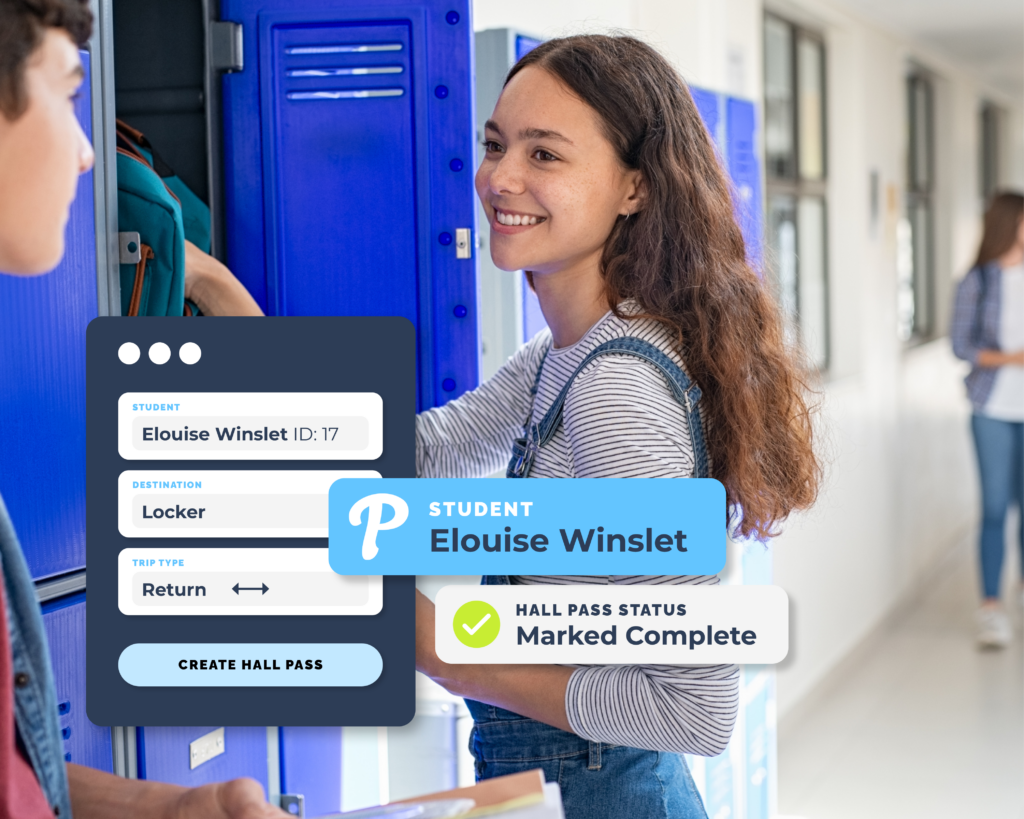With Child Learning Disability kids can become depressed, frustrated, and introverted, but by getting involved with the arts, kids can improve in academic areas while boosting their mood and self-esteem.
As a parent, it’s important that you’re an advocate for Child Learning Disability and understand that you have a strong influence over how they handle their disability. With that in mind, incorporate the arts into their routine so they can start to feel a sense of empowerment while potentially discovering a future career path to boot.
Textile Arts and Sewing
Sewing and textile arts can help kids become more independent, disciplined, and self-confident while stimulating creativity and improving mechanical skills and the ability to follow directions. Kids with a learning disability can find an expressive outlet through a project such as sewing a pillow, purse, or a button on a shirt. Textile art offers unlimited creative expression, as it’s a form of arts and crafts that uses plant, animal, or synthetic fibers to construct practical or artistic objects. While there’s nothing wrong with signing your child up for art classes, make it more accessible by setting up a space in your home, complete with a variety of supplies and an age-appropriate work area. Designating a spot where they can display their work can fuel their self-confidence, too. Make sure you lock up any dangerous supplies when not in use.
Ballroom Dancing
Ballroom dancing is a great way to teach kids with a learning disability confidence, posture, how to follow directions, teamwork, and etiquette while improving their social skills — which is important considering we’re in the midst of a digital age where texting trumps picking up the phone and calling someone. Also, considering one in three kids and teens are obese in the U.S., ballroom dancing or school dance classes is a great way to promote activity — even if it’s in an unconventional way. You may not think about it, but when done regularly, it builds up core strength and flexibility.
Theater
While it can take a shy child a while to get out of their shell, acting has a myriad of benefits for a child with a learning disability, including improved reading fluency (from accuracy to intonation to vocabulary), an increase in self-confidence, and stronger social skills through camaraderie. Reading scripts helps children practice critical analysis, which is tied to reading comprehension.
Music
Research suggests that children with learning disabilities who practice music typically improve their executive function skills — especially if the child has ADHD. Researchers have found that those with attention-deficit/hyperactivity disorder tend to be more creative and spontaneous than their coequals, so effective activities could include making impromptu rap and jazz pieces.
Practicing music can help kids establish and maintain a routine while implementing organized structure in their life. Note that reading music can be difficult for those struggling with dyslexia, so they may be more successful playing by ear. Brass instruments tend to be good for children with learning disabilities because they don’t require as many fingers, yet they should not feel limited when choosing which instrument they’d like to play.
By helping your child explore various areas of the arts, they might tap into a hidden talent. Always focus on strengths instead of weaknesses so that they remain encouraged. Give them an extra boosting by letting them know that there are several well-known artists with disabilities, including actor Tom Cruise, director George Lucas, and sculptor Alonzo Clemons.



